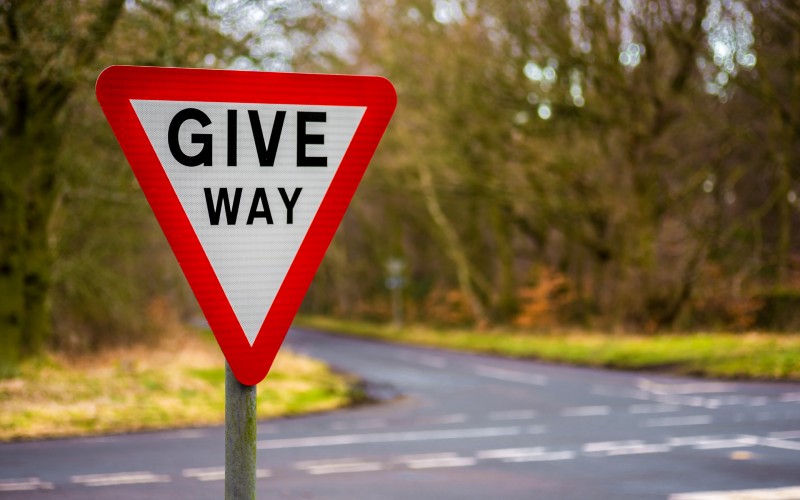
It is almost a year since the Highway Code was updated to improve road safety.
The changes, which were implemented in January 2022, introduced a ‘hierarchy’ of road users of who is most to least at risk of collision.
Put simply, pedestrians take much greater precedence. They are at the top of the hierarchy because lack of protection makes them extremely vulnerable in any incident. At the other end of the scale, the lower you are in the list the more damage you – and your vehicle - can cause.
This winter will be the first major test of the new rules. However, research suggests that many people are unaware of what it is expected of them. According to an AA study, 61% of drivers are unfamiliar with the changes. It’s important that anyone who hasn’t read the updates does so as soon as possible.
While the vast majority of drivers are safe and sensible on the roads it is crucial that they understand their responsibility to take care and reduce the risk of harming others.
In effect, if people are crossing or waiting to cross at a junction, then traffic should give way - regardless of what the lights show. If people have started crossing and traffic wants to turn into the road, the pedestrians have priority and traffic must again give way.
The new regulations aren’t an invitation for pedestrians to act with impunity. Pedestrians must continue to be cautious – especially in the winter months when it is dark for longer and weather conditions are frequently poor. To be safe, pedestrians should do their best to be seen as well as take care when crossing the road.
Many of the road traffic accidents that make their way to court involve poor visibility. Risk factors include people crossing the road in dark clothes, and low levels of light, or rain, making it difficult to see clearly.
The consequences of vehicle collisions for pedestrians can be extremely serious and range from broken and fractured bones to life-changing head injuries and sadly, in some cases, fatalities.
Anyone who is bereaved or injured in a road crash that wasn’t their fault has a legal right to claim compensation. Unsurprisingly, some people are too traumatised or stressed to think about compensation in the immediate aftermath of an accident. Others are unsure of how they should progress.
Some will try to claim on their own insurance or go straight to a third party and seek compensation from the driver or the driver’s insurance. In such cases, people contact a lawyer only when they are made an offer and want advice on whether it is acceptable.
But anyone who finds themself in this situation should take legal advice immediately. Taking legal advice as early as possible is helpful to securing evidence such as witness statements, and medical reports that contribute to a successful claim.
The best possible outcome of all, of course, is to prevent accidents happening in the first place. Being safe, seen and serious about our responsibilities as road users will help to protect everyone in the winter months and beyond.
